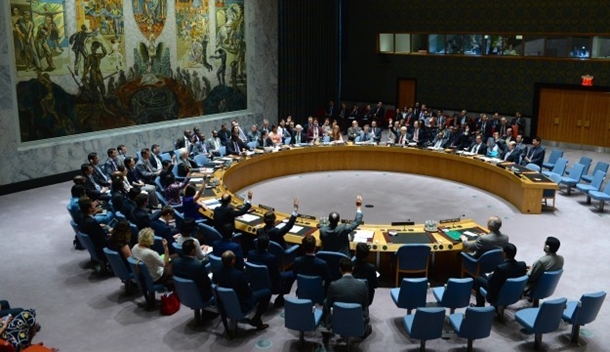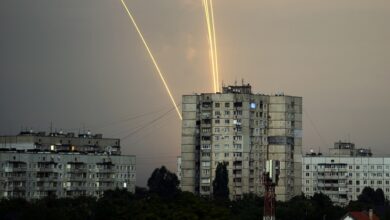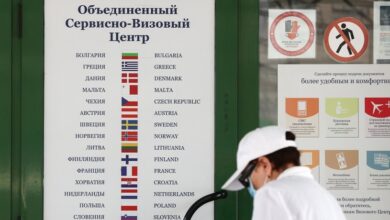 The UN Security Council on Tuesday rejected a draft resolution calling for an end to Israeli occupation of Palestinian territories within three years.
The UN Security Council on Tuesday rejected a draft resolution calling for an end to Israeli occupation of Palestinian territories within three years.
The motion, which was submitted Monday by Jordan after it had been agreed upon by Arab states, failed to obtain the minimum nine votes from the 15-member council, with the U.S. and Australia voting against.
“We had hoped the Security Council would adopt this draft resolution, because the Council bears both the legal and moral responsibility to resolve the Israeli-Palestinian conflict, which is the crux of the conflict in the Middle East,” said Jordan’s UN envoy Dina Kawar.
The U.K., Nigeria, Rwanda, South Korea and Lithuania abstained from voting, while Jordan, France, Russia, China, Argentina, Chad, Chile and Luxembourg voted in favor.
The resolution sets the end of 2017 as the deadline for Israeli security forces to fully withdraw from the occupied territories and names East Jerusalem as the capital of a future Palestinian state based on pre-1967 borders.
It also urges both parties to abstain from any unilateral and illegal actions, including settlement activities, that could undermine the viability of a two-state solution, referring to the UN-proposed solution that calls for an independent state of Palestine alongside the state of Israel.
Palestinian UN envoy Riyad Mansour said the resolution’s defeat means that the Security Council is not “ready and willing to shoulder its responsibilities in a way that would allow us to open the doors for peace and for a just and lasting solution based on international law.”
“It also shows that the Security Council is out of step with the overwhelming global consensus and calls for an end to the Israeli occupation, an end to this prolonged conflict, and achievement of the long overdue independence of the Palestinian people,” he said.
The motion had been widely expected to fail in the face of strong opposition from the U.S., one of the five permanent members on the Council that holds veto power.
Even had the resolution mustered the required number of votes, it would have faced defeat because of the U.S. vote against it.
Samantha Power, the U.S. ambassador to the UN, said accepting the resolution would fail to bring parties closer to achieving a two-state solution.
“We voted against this resolution not because we are comfortable with the status quo. We voted against it because we know what everyone here knows as well. Peace would come from hard choices and compromises that must be made at the negotiating table,” she said.
U.S.-brokered direct Palestinian-Israeli talks came to a halt in April when Israel refused to release a group of Palestinian prisoners despite earlier pledges to do so.
Palestinian Authority President Mahmoud Abbas earlier threatened to sever “all forms of coordination” with Israel if the Council failed to adopt the resolution.
The roots of the Israel-Palestine conflict date to 1917, when the British government, in the now-famous “Balfour Declaration,” called for “the establishment in Palestine of a national home for the Jewish people.”
Israel occupied East Jerusalem and the West Bank during the 1967 Middle East War. It later annexed the holy city in 1980, claiming it as the capital of the self-proclaimed Jewish state – a move never recognized by the international community.
Palestinians want a state of their own in the Gaza Strip and the West Bank, with East Jerusalem, currently occupied by Israel, as its capital.
Error, group does not exist! Check your syntax! (ID: 9)




